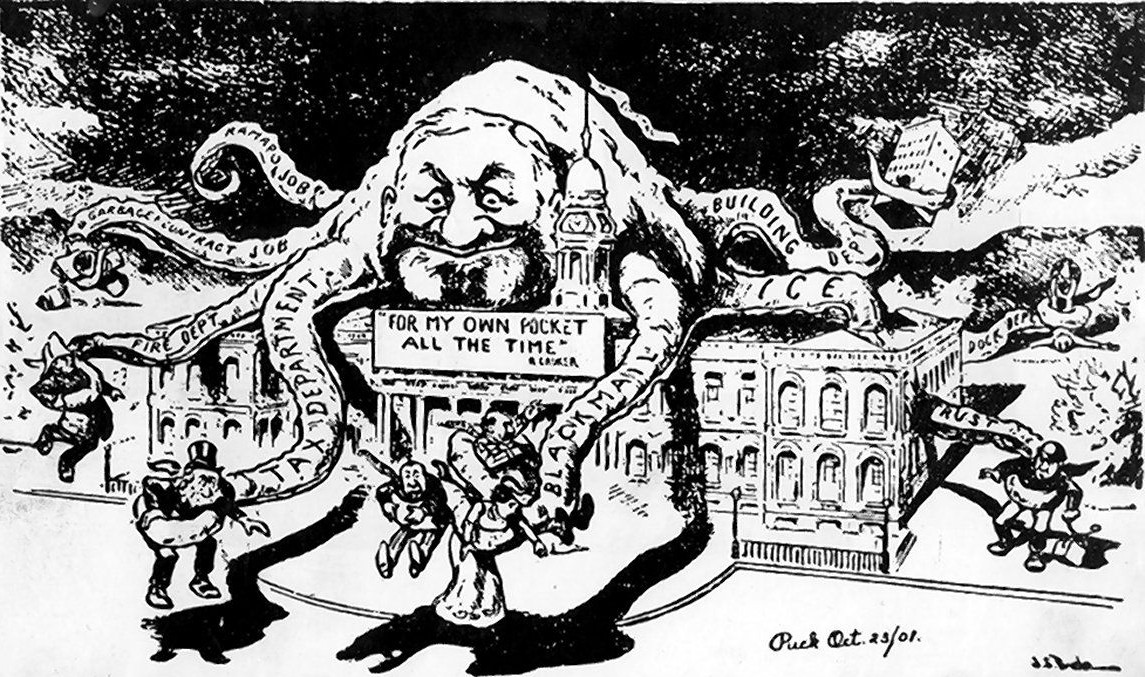Sometimes you have conversations that just stick with you. In 2006, I went to lunch with @EricFlint at the World Science Fiction Convention in Anaheim; we got to talking about Obama and whether he& #39;d run for president.
1/
1/
All I really knew about Obama then was his 2004 DNC speech, which was and is a remarkable rhetorical feat, full of inspiration and aspiration. I said as much to Eric, who told me, basically, that I wasn& #39;t from Chicago and so I couldn& #39;t understand.
2/
2/
He explained that Chicago Democratic politics were Machine politics, a form of cynical, transactional politics that elevated power rather than ideology, and that Obama& #39;s success in the Machine meant that he would be a horse-trader, not a populist.
3/
3/
That conversation came back to me when Obama was elected and unceremoniously shut off the server grassroots campaigners used to get him elected, smashing a powerful popular movement into a collection of atomized individuals assigned a new role: cheering from the sidelines.
4/
4/
I watched in the years after as Obama attempted to govern in smoke-filled rooms where he and his rival power-brokers hammered out deals, a strategy that BOMBED. The GOP had an unruly mob - the Tea Party - who were all in on ideology, while all Obama had soaring rhetoric.
5/
5/
Republicans who gave Obama an inch got primaried by this activated, frothing base. Meanwhile, the ideological and committed base that Obama had mobilized in 2008 were stuck on the sidelines.
6/
6/
I never really understood Machine politics beyond a few cliches about Tammany Hall and whatever I& #39;d gleaned from watching Gangs of New York.
Today, I read "The Other Democratic Party," by Stephanie Muravchik and Jon A. Shields:
https://thebulwark.com/author/stephanie-muravchik-and-jon-a-shields/
7/">https://thebulwark.com/author/st...
Today, I read "The Other Democratic Party," by Stephanie Muravchik and Jon A. Shields:
https://thebulwark.com/author/stephanie-muravchik-and-jon-a-shields/
7/">https://thebulwark.com/author/st...
It& #39;s an excerpt from "Trump& #39;s Democrats," their new book based on three years of fieldwork living in historically Democratic counties that swung for Trump in 2016.
https://www.brookings.edu/book/trumps-democrats/
8/">https://www.brookings.edu/book/trum...
https://www.brookings.edu/book/trumps-democrats/
8/">https://www.brookings.edu/book/trum...
The authors describe a kind of Democratic politics - and Democratic voter - whose commitment to the party was based on Machine politics: the "boss politics" of places like Ottumwa IA, Johnston RI, and Elliott County KY.
9/
9/
These are places where top political offices are essentially hereditary, and where elected officials routinely fill political appointments with relatives and cronies - but also where party stalwarts and supporters are "taken care of."
10/
10/
Where the local political boss has a weekly kaffeeklatsch in a diner where you can petition to have your potholes fixed or to for a job in the dominant industry. These bosses act like Trump.
11/
11/
I don& #39;t mean that they hand out favors in this gross, transactional way (though they do), but also that they are bellicose, petty, vengeful, and prone to vicious rhetoric about people who fail to show them "respect."
12/
12/
In any two-party system, each party will be a coalition: in the GOP, it& #39;s bankers, racists, violent sociopaths and swivel-eyed religious nuts.
Historically, the Democrats were a coalition of southern aristocratic white supremacists and northern labor movements.
13/
Historically, the Democrats were a coalition of southern aristocratic white supremacists and northern labor movements.
13/
LBJ& #39;s signing of the Civil Rights Act in 64 triggered a "great realignment" with Dixiecrats mostly migrating to the GOP.
Today, the Democrats are still a fragile coalition, a fact that was obvious during the primary.
14/
Today, the Democrats are still a fragile coalition, a fact that was obvious during the primary.
14/
But Muravchik and Shields suggest that the Trump election was another kind of realignment, with the GOP going all-in on boss politics, and drawing in voters - and politicians - who like that kind of arrangement.
15/
15/
They& #39;re saying that the GOP has become the party of Richard Daley, Jim Traficant, and Rod Blagojevich - the party you vote for if you want policy made by horse-traders in smoke-filled rooms who shiv their enemies and reward their cronies.
16/
16/
But in a coda, they say that Trump is not great at boss politic. The thing that made boss politics a staple for more than a century was that bosses were effective - they actually made life better for the people who paid them fealty.
17/
17/
Bosses actually cared about the people they bossed - it was a twisted and flawed and often revolting love, but it was love nonetheless. Trump barely bothers to hide his contempt for America and the people who vote for him.
eof/
eof/

 Read on Twitter
Read on Twitter


